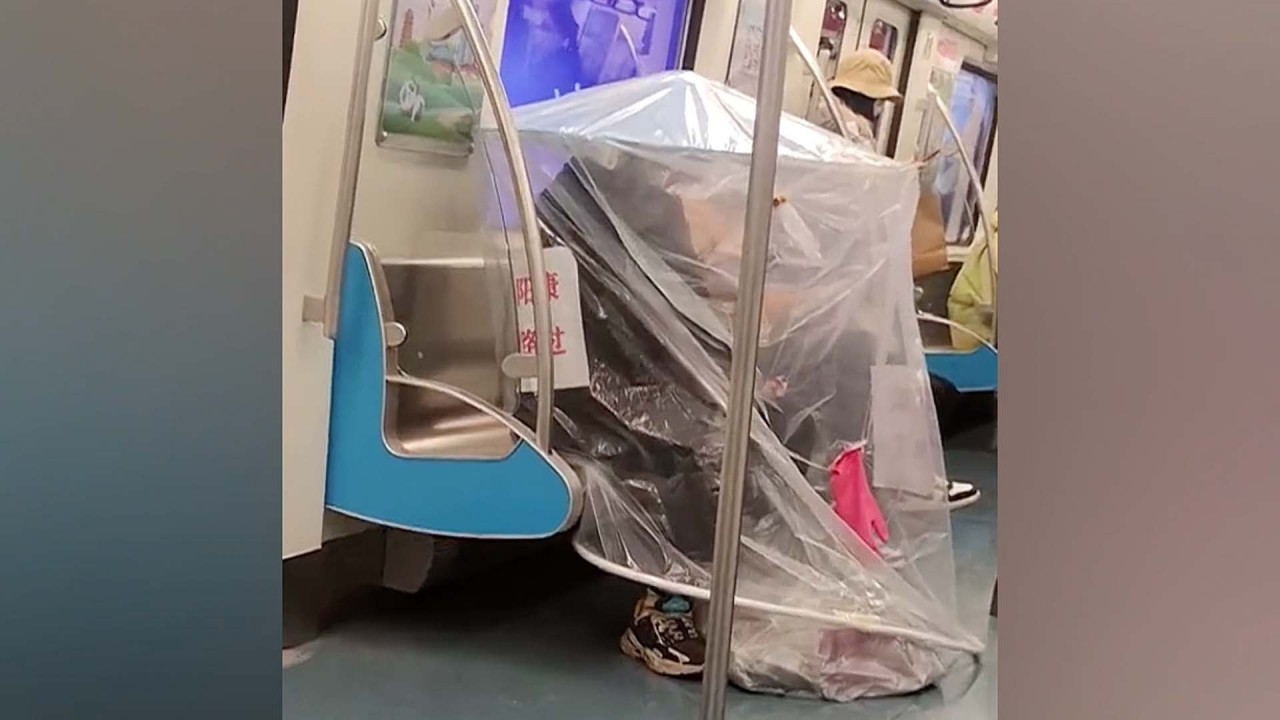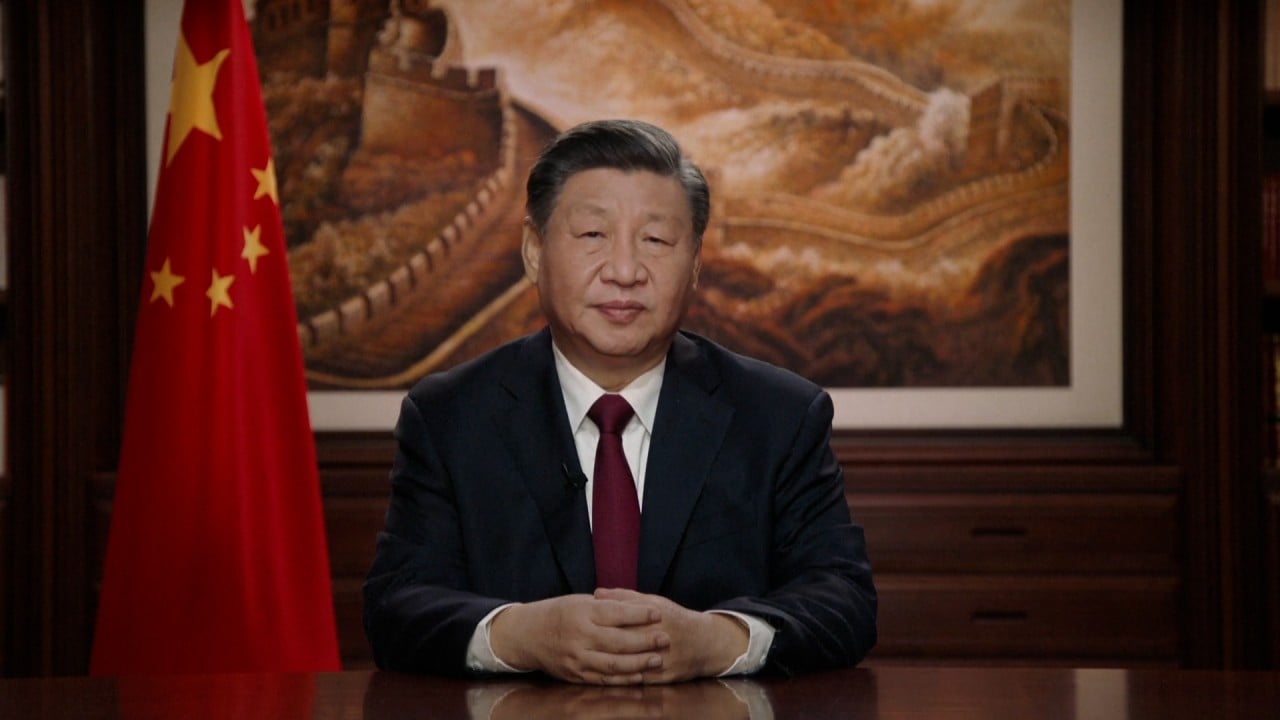
Explainer | Why monitor waste water of flights arriving from China for Covid?
- Measure will not prevent the spread of the virus, but will give a glimpse into the scale of China’s outbreak and if new variants are emerging there
- The downside is that it only monitor passengers who used the toilet during the flight, and takes days to collect, test, sequence and analyse the findings
While the measure will not prevent the spread of the virus, it will give a glimpse into the scale of China’s outbreak and whether new variants are emerging there.
The process involves examining the mixture of urine and faeces from the toilets of flights that have arrived from China.
The waste water can then be analysed to discover roughly what percentage of the passengers have Covid, as well as the particular variants.
Australia, Japan ramp up testing for China arrivals. Malaysia, New Zealand don’t
Local authorities collect the waste water directly after the aircraft lands and send it to laboratories for testing.
Once the virus has been detected, its genome is sequenced to find out if it is a known subvariant.
Waste water can also be collected from an entire airport, but this makes it impossible to determine which country the samples originated from.
Following a week of talks between EU health experts, the bloc stopped short of agreeing that all 27 member states impose such a travel restriction that members like Italy, France and Spain had already implemented at a national level. Instead, it only urged nations to do so.
While examining waste water “works remarkably well” however, it does not give an “exhaustive view” of the infections or variants on board the plane, said French virologist Vincent Marechal.

Infections have soared in China since last month when it started lifting its strict zero-Covid measures, in place since the start of the pandemic.
Several countries including the US have said they require passengers arriving from China to provide negative Covid tests, sparking Beijing’s ire.
Unlike such tests, monitoring waste water would not bar people currently positive for Covid.
However, “these samples offer a window into what is currently happening in China,” said Antoine Flahault, director of the Institute of Global Health at the University of Geneva.
South Korea hunts Chinese Covid-positive escapee who fled quarantine hotel
This could be particularly important with “doubts about the transparency and diligence of the official health information coming from the Chinese government,” he said.
Monitoring waste water could help fill the breach, said Flahault.
“Knowing that 30 to 50 per cent of passengers from China are currently infected is useful, in the absence of reliable figures,” he said.
It also allows countries to find out about possible new variants that could change the trajectory of the pandemic, like Omicron did in late 2021.
Health experts have warned that the explosion of cases among China’s 1.4 billion population could provide a fertile breeding ground for new strains.
Monitoring waste water is much easier to carry out – and far less invasive – than testing arriving passengers at the airport.
One limitation is that waste water can only monitor those passengers who used the toilet during the flight.
It also takes days to collect, test, sequence and analyse the findings, which cannot be broken down by individual passengers.
This offers few avenues to quickly act on the results.
“Once you have the information, what can you do with it? Call back all the people who were on the plane?” asked Marechal.
“It is interesting, but is already too late for the measures that one can take.”
Additional reporting by Associated Press

.png?itok=arIb17P0)

